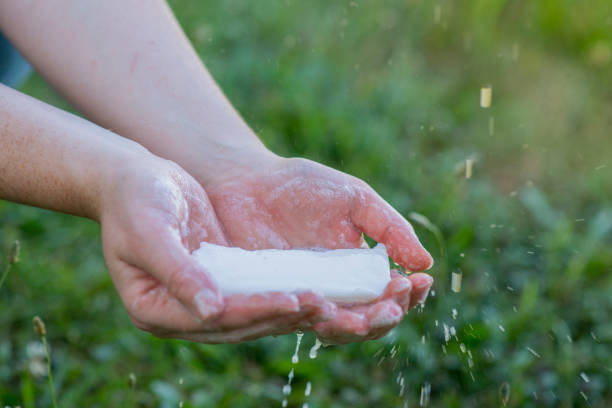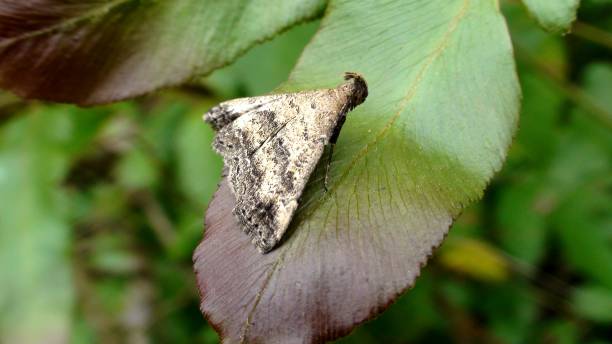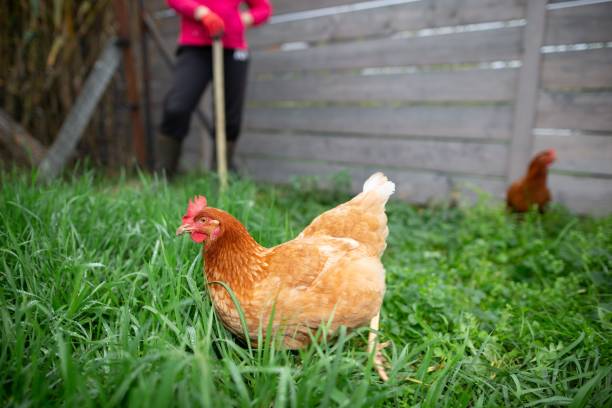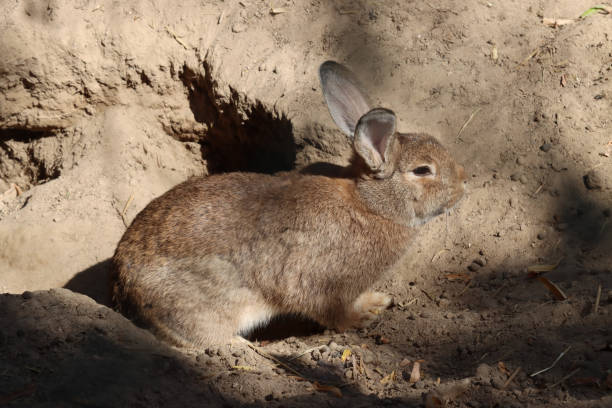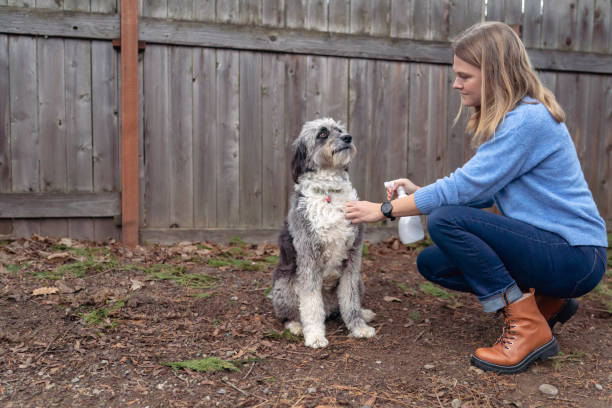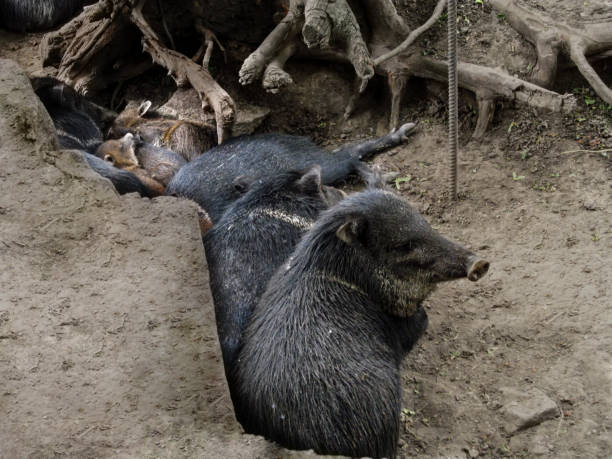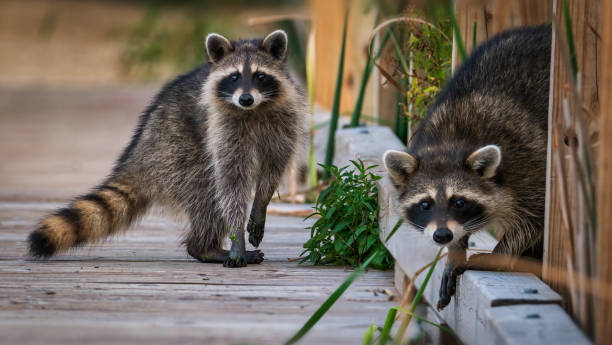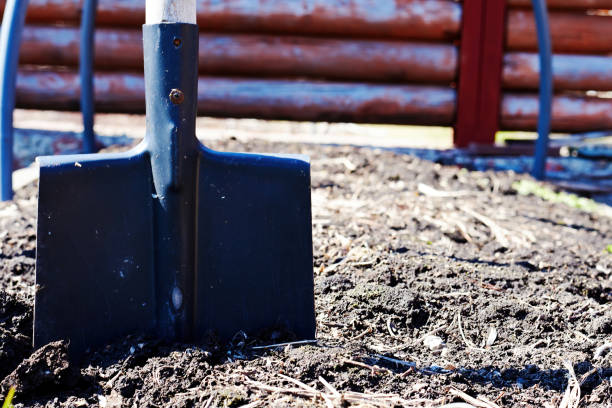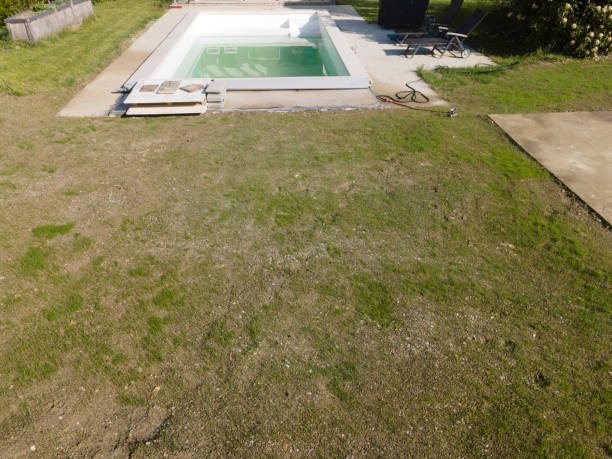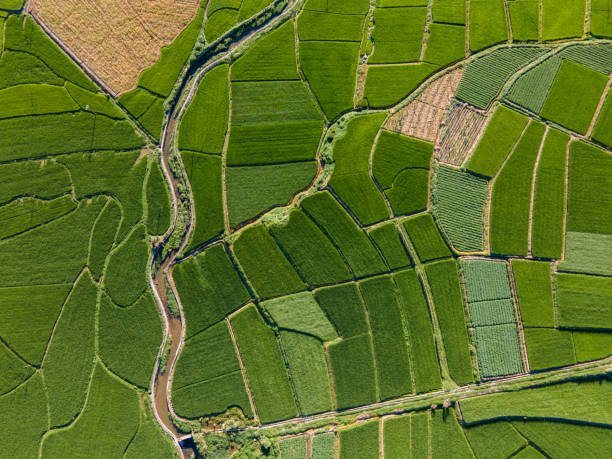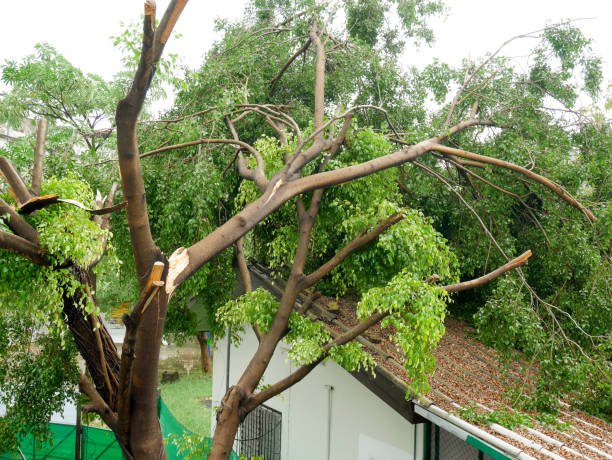Why Scatter Soap in Your Yard: An Effective Natural Pest Repellent
This post contains affiliate links. This means I will make a commission at no extra cost to you should you click through and make a purchase. Read the full disclosure here.
When it comes to maintaining a beautiful and pest-free yard, there are numerous methods available to homeowners. One often overlooked yet highly effective approach is the use of scatter soap. In this article, we will explore the benefits of using scatter soap in your yard, the different types of soap to consider, safety considerations, tips for effective scattering, and answer some frequently asked questions.
1. What is Scatter Soap?
Scatter soap refers to the practice of placing small pieces or shavings of soap around your yard strategically. This technique has gained popularity due to its natural and eco-friendly approach to pest control. By using soap as a deterrent, you can keep unwanted pests at bay while avoiding the use of harmful chemicals.
2. Benefits of Using Scatter Soap in Yard
2.1 Natural Pest Repellent
Soap contains compounds that repel insects and pests naturally. When scattered in your yard, soap acts as a barrier that discourages pests from crossing over. This can be especially beneficial in deterring common garden pests like aphids, slugs, snails, and certain types of beetles.
2.2 Odor Deterrent
Many pests rely on their sense of smell to locate potential food sources or breeding grounds. The scent of soap can confuse and deter pests, making your yard less attractive to them. This can help reduce infestations and prevent damage to your plants.
2.3 Prevents Animal Intrusions
Soap can also deter larger animals like deer, rabbits, and raccoons from entering your yard. The strong odor and taste of soap act as a deterrent, making your yard less appealing to these animals. This can help protect your garden from being ravaged by hungry wildlife.
2.4 Environmental-Friendly Solution
Using scatter soap is an environmentally-friendly alternative to chemical pesticides. Traditional pesticides can have harmful effects on beneficial insects, wildlife, and the overall ecosystem. By opting for soap, you can effectively manage pests while minimizing negative impacts on the environment.
3. How to Scatter Soap in Your Yard
3.1 Selecting the Right Soap
When choosing soap for scattering, opt for natural, biodegradable options without synthetic fragrances or harmful additives. Castile soap, dish soap, and natural soaps are excellent choices. Avoid using antibacterial or detergent soaps, as they may harm beneficial insects and plants.
3.2 Preparation and Equipment Needed
Before scattering soap, gather the necessary equipment, including a grater or knife for creating soap shavings, a bucket of water, and a watering can or sprayer. Ensure the soap is dry before grating it to achieve the desired consistency for scattering.
3.3 Application Techniques
There are several methods for scattering soap in your yard. You can sprinkle soap shavings directly onto the soil, create soap water by dissolving shavings in water and spraying it on plants, or hang soap pieces in mesh bags to deter animals. Experiment with different techniques to find what works best for your yard.
4. Common Types of Soap to Use
4.1 Castile Soap
Castile soap, made from vegetable oils, is an excellent option for scatter soap. It is biodegradable, gentle on plants, and effective in repelling pests. Ensure the castile soap you choose is free from artificial additives and fragrances.
4.2 Dish Soap
Dish soap, particularly mild and biodegradable varieties, can also be used as scatter soap. It contains surfactants that repel insects and is readily available in most households. However, avoid using dish soaps with added bleach or antibacterial agents.
4.3 Natural Soaps
Various natural soaps, such as those made from neem oil or essential oils, have insect-repellent properties. These soaps often come in bar form and can be grated or shaved for scattering. Ensure the natural soap you choose is safe for plants and the environment.
5. Safety Considerations
While scatter soap is generally safe for plants and the environment, it is essential to consider some safety precautions.
5.1 Avoid Harmful Chemicals
Avoid using soaps that contain harmful chemicals, such as phosphates, parabens, or sulfates. These ingredients can have adverse effects on plants, animals, and the environment.
5.2 Animal and Plant Safety
When scattering soap, avoid applying it directly to edible parts of plants or in excessive amounts. Some plants may be sensitive to soap, so observe their reactions and adjust accordingly. Additionally, keep soap away from bodies of water to prevent contamination.
5.3 Environmental Impact
Although scatter soap is generally eco-friendly, excessive use or using soap with harmful additives can have unintended environmental consequences. Always use soap sparingly and choose environmentally-friendly options whenever possible.
6. Tips for Effective Soap Scattering
To maximize the effectiveness of scatter soap in your yard, consider the following tips:
6.1 Proper Timing
Scatter soap during periods of pest activity, such as early morning or evening when insects are most active. This ensures that the scent of the soap is strongest when pests are actively seeking food or breeding sites.
6.2 Coverage and Concentration
Ensure that the soap is evenly distributed across your yard, paying extra attention to areas prone to pest infestations. Maintain a moderate concentration of soap shavings or soap water to provide an effective deterrent without overwhelming the environment.
6.3 Regular Maintenance
Reapply scatter soap as needed, particularly after rainfall or when you notice a decline in its effectiveness. Regular maintenance helps ensure pests continue to be deterred from your yard.
Conclusion
Scattering soap in your yard can be a simple and effective way to repel pests and maintain a pest-free environment. By using natural and eco-friendly soap, you can protect your plants, deter unwanted animals, and reduce the need for chemical pesticides. Remember to consider safety precautions, choose the right soap, and apply it strategically for optimal results. Embrace scatter soap as a natural solution for a beautiful and pest-free yard.
7. Frequently Asked Questions (FAQs)
Can I scatter any type of soap in my yard?
Yes, but it’s best to choose natural, biodegradable soaps without harmful additives.
Will scatter soap harm beneficial insects in my garden?
Most natural soaps are safe for beneficial insects, but avoid using soap with toxic ingredients.
How often should I reapply scatter soap?
Reapply soap after rain or as needed, depending on the level of pest activity in your yard.
Can scatter soap completely eliminate all pests in my yard?
While scatter soap is effective, it may not eliminate all pests. It works best as part of an integrated pest management strategy.
Is scatter soap harmful to pets or children?
Soap shavings are generally safe, but ensure they are out of reach of pets and children.

